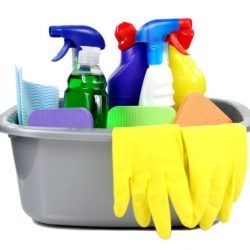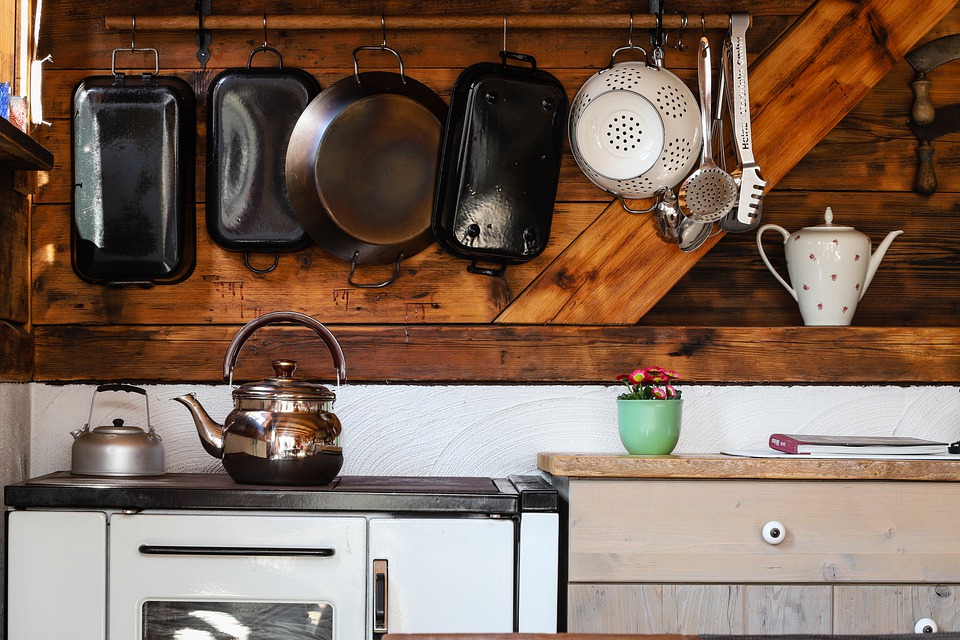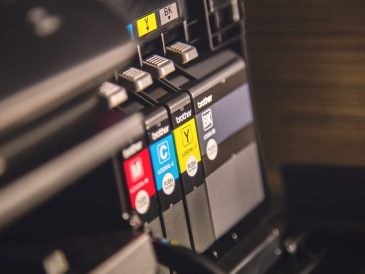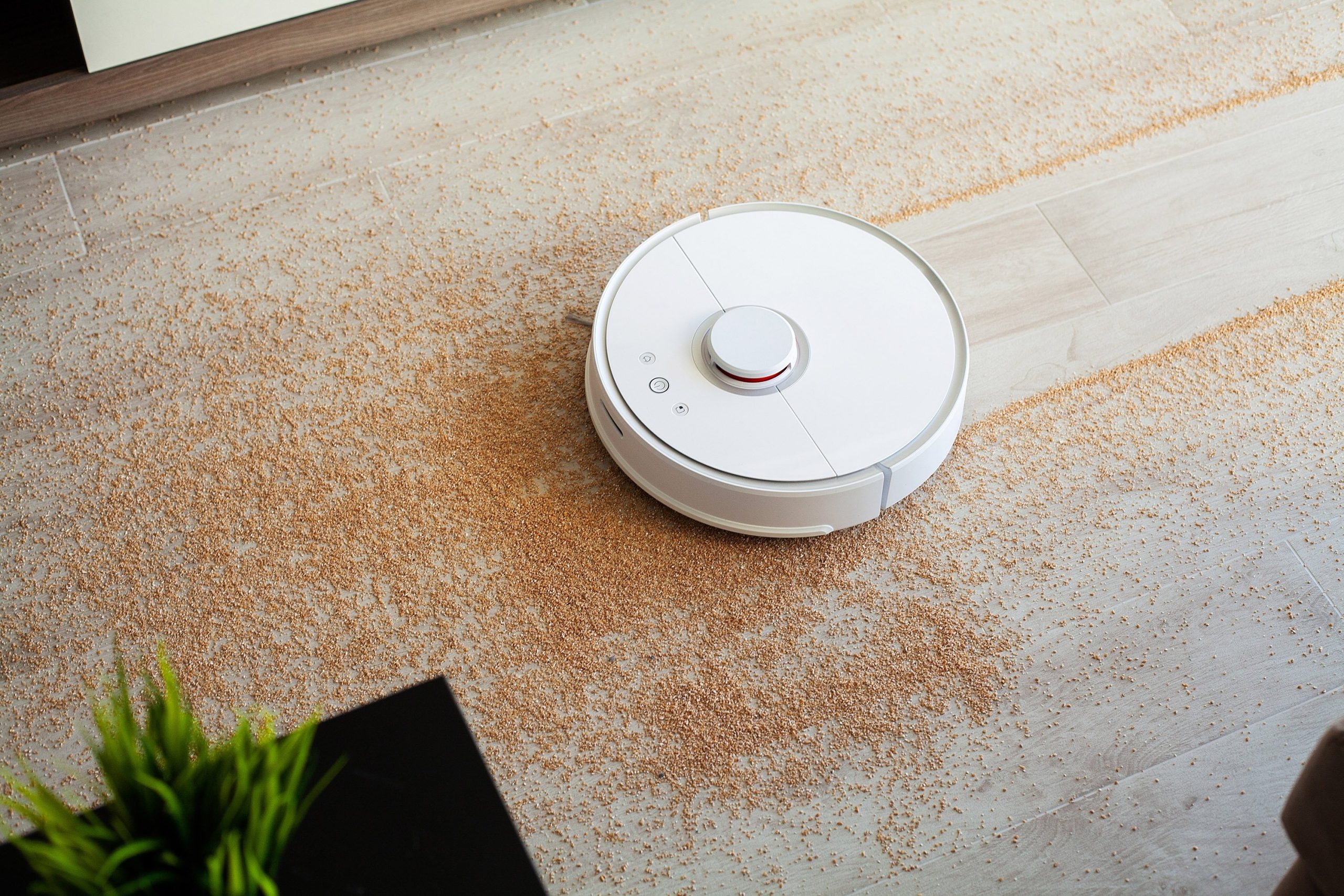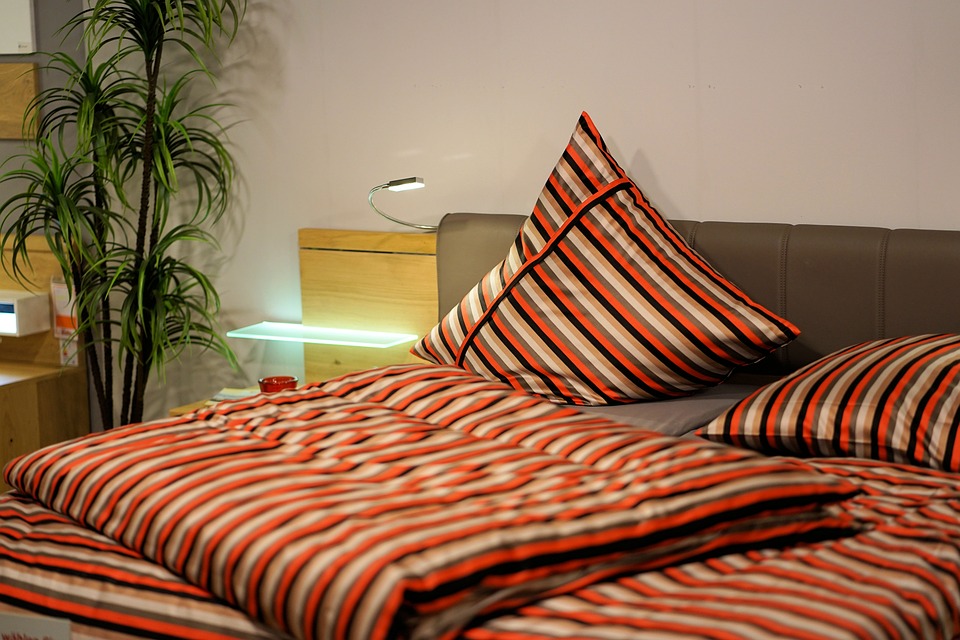The allure of cooking is more than just preparing a delicious meal and having a pleasant dinner conversation with your family. Without proper cleaning and maintenance of your tableware and cutlery, the time you spend in your kitchen can lose its charm, and the health of you and your family can suffer.
If you need advice on keeping your cutlery, dishes, and kitchen accessories clean and germ-free, no matter what material they are made of, read on.
How to Care for Aluminum Tableware and Cutlery
- After use, aluminum dinnerware can be easily cleaned in the sink or dishwasher and then dried.
- Aluminum pots and pans can be washed with water and mild detergent and rinsed with warm water.
- Aluminum loses its shine quickly and should be cleaned regularly with a steel wire. Fill a pot or pan with 1 liter of water and add 2 tablespoons of Vitapota (cream of tartar) or lemon salt. Bring the solution to a boil, then rinse and dry the dishes. This will help restore the shine.
How To Clean Plastic Dishes and Utensils
- To get rid of unpleasant odors from plastic dishes and utensils: Soak them in warm water with 1/4 teaspoon of mustard powder.
- To remove stains from plastic utensils: Clean with a weak chlorine and water solution
- To remove odors from plastic utensils: Place crumpled up newspaper in a plastic box and cover with a lid. The next day, wash the plastic plates with warm water and a small amount of detergent.

How to Care for Steel Utensils and Cutlery
Steel utensils should be cleaned in the sink or dishwasher with water and detergent immediately to avoid contamination. Cleaning powder or iron wool should not be used as they are too abrasive.
To remove white stains from griddles and cutlery, use a cloth soaked in vinegar and wipe the entire surface with a damp cloth.
Cleaning Wooden Utensils
Wooden utensils and cutlery should not be placed in a dishwasher but should be washed in a sink filled with warm water with a small amount of soap and then rinsed well. Do not leave them in water for long periods, but wipe them dry with a dry cloth.

Washing Porcelain Tableware
- Porcelain dishes with eggs or milk: Rinse and wash in cold water immediately after use.
- Do not wash old porcelain in hot water as it may break. Do not put in a dishwasher or dryer either.
- To polish aluminum plates and cutlery: Mix 1.5 liters of water with 8 tablespoons of vinegar and boil the cutlery for 10 minutes. Then rinse well in cold water and remove any remaining dirt with a wire brush.
Cleaning Cutting Boards
- Use different cutting boards for raw meat, cooked meat, and vegetables.
- Regardless of the material of the cutting board (wood or plastic), wash it immediately after use. If the cutting board is plastic, put it in the dishwasher; if it is wooden, wash it with soap on the rough side of a sponge.
- Boards should be regularly disinfected with a solution of 1 part chlorine to 10 parts water and then rinsed well.
- To avoid unpleasant odors, lay the boards on their sides to dry. If the odor persists, apply lemon juice and salt to the board.
- Do not leave wooden boards in water for long periods.
How to Care For Cast Iron Dishes
- Cast iron pans can be washed in oil. Coat the bottom of the pan with sunflower oil and heat in the cooker or oven for 1 hour. Wipe off the remaining oil with paper towels.
- Wash the pan in warm soapy water and dry well to prevent rust. If rust stains still appear on the dishes, use a small amount of cooking oil and scrub off with a jelly blade.

Let us know if these few tips have helped you in the comments below!
